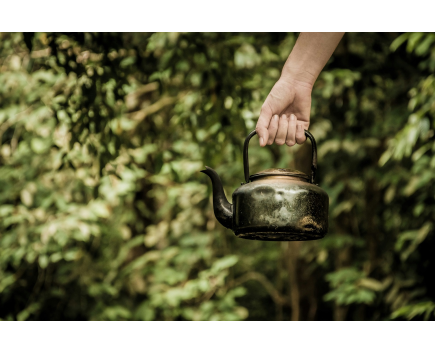
Thailand's FDA Increases Allowable Daily Dose of Mitragynine
The Food and Drug Administration (FDA) of Thailand has increased the allowable daily dose of mitragynine from 0.2 to 1.0 milligrams.
Public Health Minister Somsak Thepsutin said the FDA decision to increase mitragynine in dietary supplements would help kratom agriculture, as dietary supplements companies will now be allowed to increase the amount of mitragynine in their products.
“Now that the FDA has set the standard of 1mg mitragynine daily use, it will open a new era for the kratom industry in the country,” Somsak told The Nation Thailand. “I would like to congratulate farmers who grow kratom and have been waiting for this for a long time.”
How much mitragynine is in kratom?
One study found that Thai kratom contained anywhere from 7.5 to 26.6 milligrams of mitragynine per gram of kratom leaf. Therefore the Thai FDA suggestion for daily dose still remains very low, and the new extract products containing mitragynine will remain far weaker than traditional kratom tea.
By comparison, some liquid kratom extract shots sold at gas stations can contain up to 310 mg of mitragynine. This is nowhere near the dose consumed with the traditional use of kratom tea.
Legal History of Kratom in Thailand
In 1943, the Thai government passed the Kratom Act 2486, which made it illegal to plant kratom trees. This law was part of an effort to control opium use, as kratom was seen as a competing substance for the government, who collected tax on opium at the time. Despite the ban, kratom continued to grow in the wild, and its use persisted, albeit more discreetly.
In 1979, kratom was classified as a Category 5 narcotic, the lowest level in Thailand’s narcotic ranking system. This classification meant that while possession and use were technically illegal, enforcement was relatively lax, and arrests were uncommon.
In recent years, there have been significant changes in the legal status of kratom in Thailand. In 2021, the Thai government decriminalized kratom, allowing its use and cultivation once again1. This move was part of broader drug policy reforms aimed at reducing the burden on the criminal justice system and recognizing the potential medicinal benefits of kratom.
Kratom remains an integral part of Thai culture, especially in rural areas where traditional practices are still prevalent.














Comments
Leave your comment